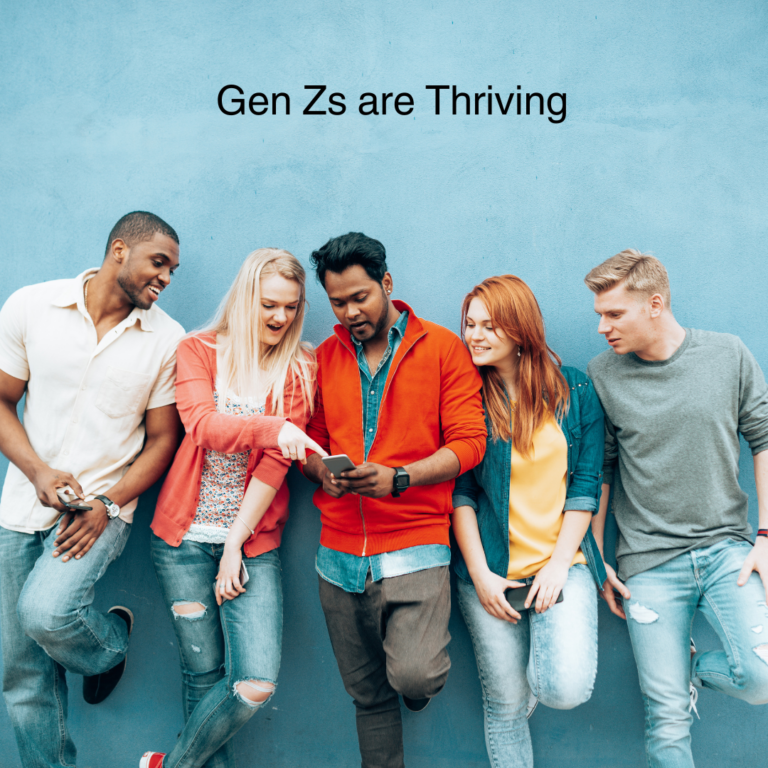The outlook for 2020 includes predictions of a tightening job market. This means employers must be ready to fill open roles in a manner that’s faster than people entering the workforce or quitting current jobs, according to Recruiting.com. In this scenario, employers have positions open but not necessarily enough qualified candidates to fill the positions.
Getting the Word Out
Companies looking to be proactive in their hiring often turn to a variety of online and digital platforms to share job openings. These include sites such as CareerBuilder, Quikr, LinkedIn and a range of other platforms. Because of the growing number of options available, there is increased monitoring of the use of these platforms by several government agencies. These include the Equal Employment Opportunity Commission (EEOC), the U.S. Department of Justice and the U.S. Department of Housing and Urban Development. The monitoring includes ensuring certain groups are not excluded from online advertising or solicitations for housing, employment and credits.
2019 EEOC Actions
Last year, the EEOC got involved in litigations when Charges of Discrimination were filed against employers in several industries. The charges allege the use of Facebook to recruit candidates was a violation of the federal Age Discrimination in Employment Act (ADEA) and Title VII of the Civil Rights Act (Title VI). This litigation is currently pending in the federal court of the Northern District of California.
Under ADEA, an employer cannot print or publish any notice or ad for employment that indicates a limitation, preference, specification or discrimination based on age, according to lexology.com. Using Facebook to advertise for an open position imposed a limit on who could apply for the job. Language used in the ad could also be deemed exclusionary.
EEOC charges included multiple employers large and small, regional and national. Determinations against seven of the companies found “reasonable cause to believe that advertising on a social media platform and limiting the audience for their advertisement[s] to male” applicants and “younger applicants.” This is the first time EEOC found violations in a charge regarding advertising for and the targeting of certain groups while excluding others, according to coverage in lexology.com.
Facebook also faced a separate lawsuit from the American Civil Liberties Union. The claim stated the sale of advertising platforms on Facebook excluded certain zip codes, limiting the geographic area in which the ad might be viewed. A $5 million charge settled the suit, and Facebook agreed to make changes in its advertising platforms. New platforms would not allow for targets using age, gender, zip code and limited geographic area. It also eliminated the consideration of Facebook groups and lookalike audiences.
Other federal class action lawsuits are currently pending in federal count in California against Amazon.com, Inc. and T-Mobile US, Inc. Brought by the Communications Workers of America, the lawsuits also look at the EEOC’s reasonable cause determinations. The class action lawsuit accuses Amazon and T-Mobile of directing ads on Facebook to younger people.
Play it Safe
With several such lawsuits in place and others pending a decision, it’s can benefit employers to be cautious about where and how they post job openings and announcements. Check to ensure the content in the listing doesn’t exclude individuals on age, race, gender or otherwise. This applies to postings online and in traditional platforms.

